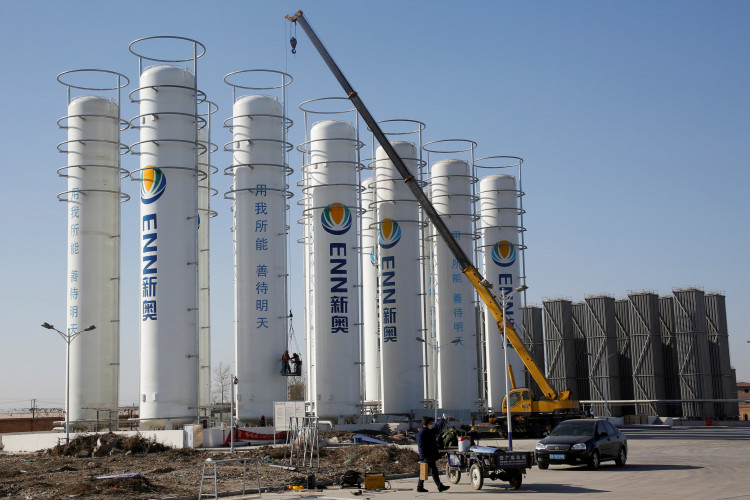Effective Sept. 24, all imports of U.S. liquefied natural gas to China will be at 10 percent costlier after Beijing was compelled to impose retaliatory tariffs in response to Washington's new levies on $200 billion of Chinese goods.
China has bought LNG from the United States at an average of 1.6 million tons so far this year. This accounted for 11 percent of 14.9 million tons of LNG bought by other countries from the United States.
With the new tariffs coming from China, companies may naturally avoid purchasing LNG from Washington which was aiming to export more than 1,000 billion cubic feet of LNG for the whole of 2018. With Chinese companies expected to forego the purchase of LNG from the United States, this would mean that Washington is set loose about 100 billion cubic feet of LNG that it exports.
With China's tariffs coming into effect next week, it also opens its gas market, the biggest in the world, open to other oil importers which have been in strict competition with the United States. Specifically, Australia, Russia, and Qatar may benefit from the looming absence of U.S. LNG importers from the Chinese market.
Of bigger concern, however, are the billion worth of investments that were supposed to be placed in proposed U.S. export LNG terminals. These stations were designed with the majority of the Chinese investors in mind. Had these projects proceeded as planned, these terminals might have been the point of delivery for 60 percent of all U.S. LNG production coming to China by 2023 according to Reuters.
Reuters reported Chinese tariffs may delay plans of Cheniere Energy, Sempra, and Kinder Morgan to construct new ports in anticipation of the supposed plan of the Trump administration to position the United States as the biggest LNG provider in the world.
Tellurian, Liquefied Natural gas Ltd, and Pembina Pipeline Corp have similar projects slated had it not because of the escalating US-China trade war, Bloomberg separately reported.
Charlie Riedl, executive director of Center for Liquified Natural Gas, told Reuters the longer the trade tensions linger, the more likely major gas projects would have difficulty finding investors.
Stacey Morris, director of energy research at Alerian Indexes, echoed the same, highlighting the impacts of the trade war on commercial agreements.
Saul Kavonic, director of Asia energy research at Credit Suisse Group AG's, told Bloomberg that Chinese companies may avoid investing in U.S. LNG projects for the meantime. They may set their eyes in Australia and Qatar's LNG sectors which proved to be at a lower risk with the present condition.
Indeed, state-owned PetroChina has entered a deal with Qatar to purchase 4.3 million tons of LNG per year. The agreement starts this month, meaning China is one step ahead in replacing supplies coming from Washington.






